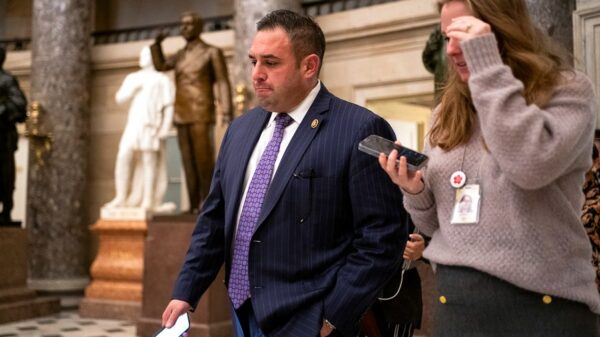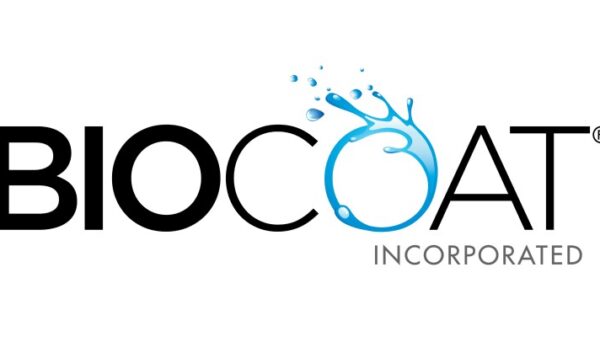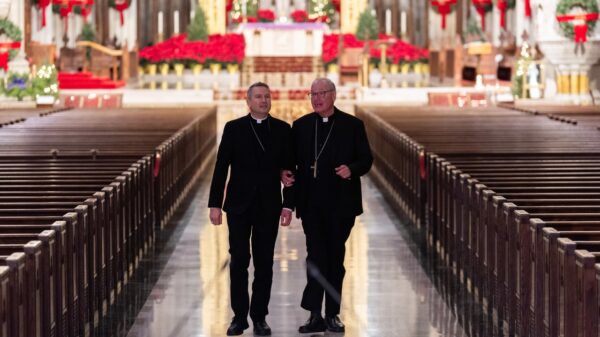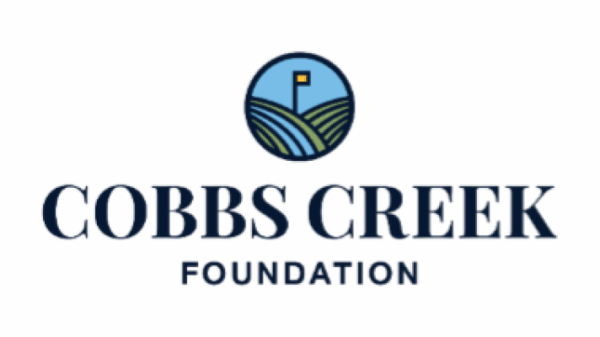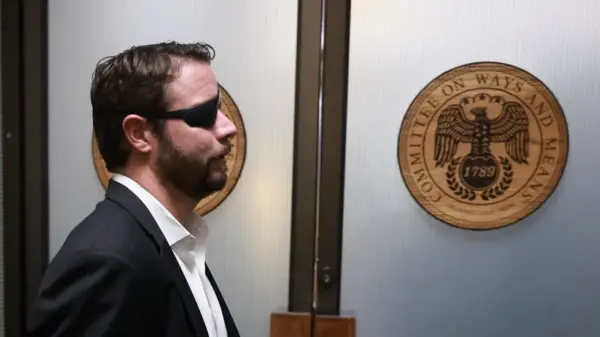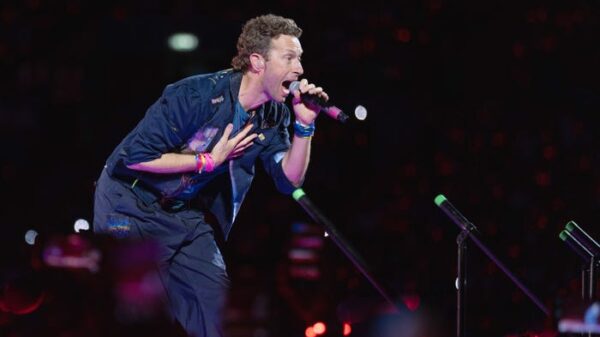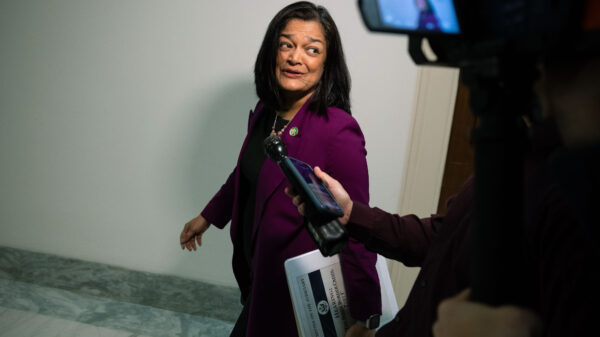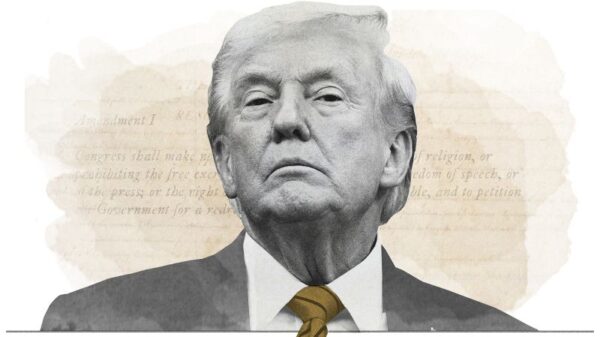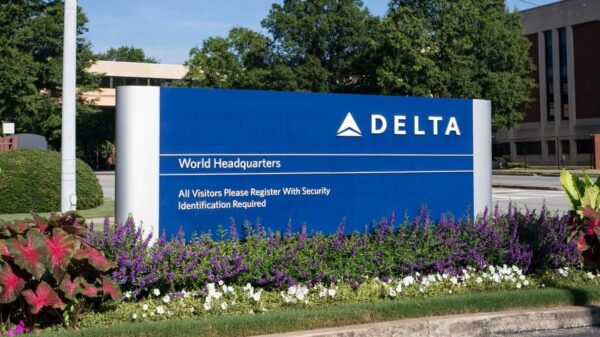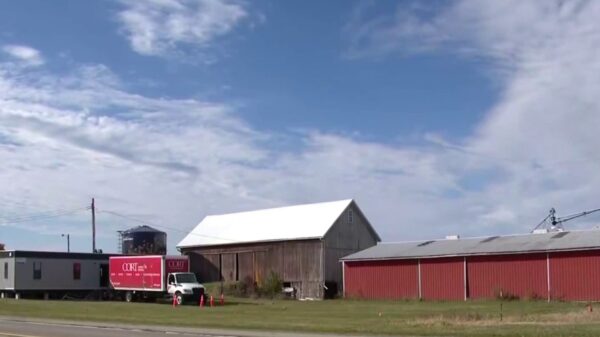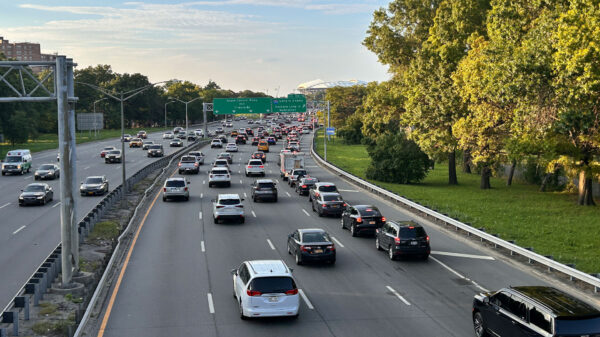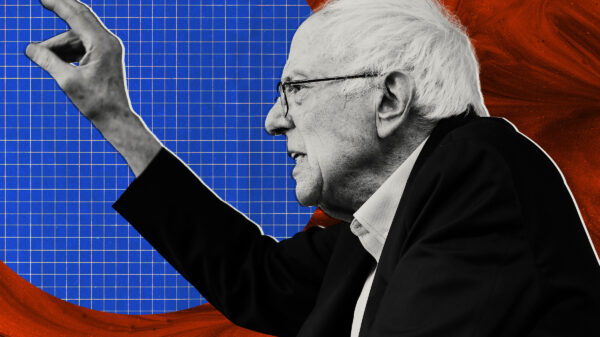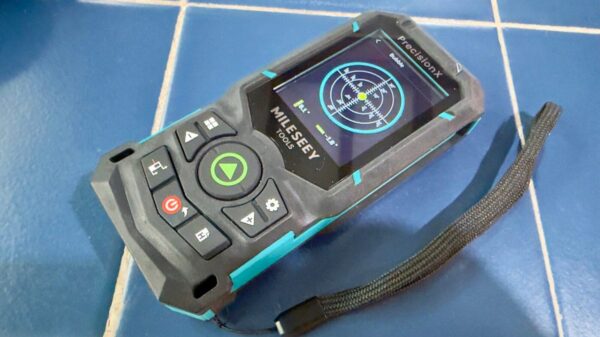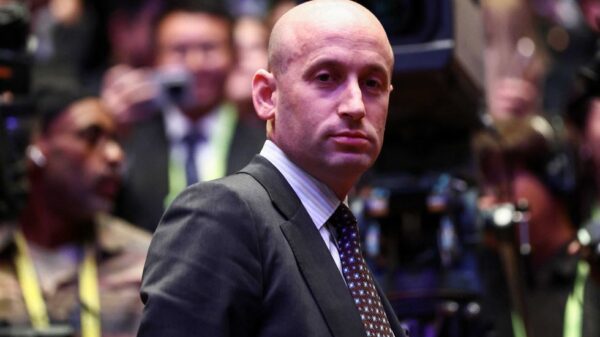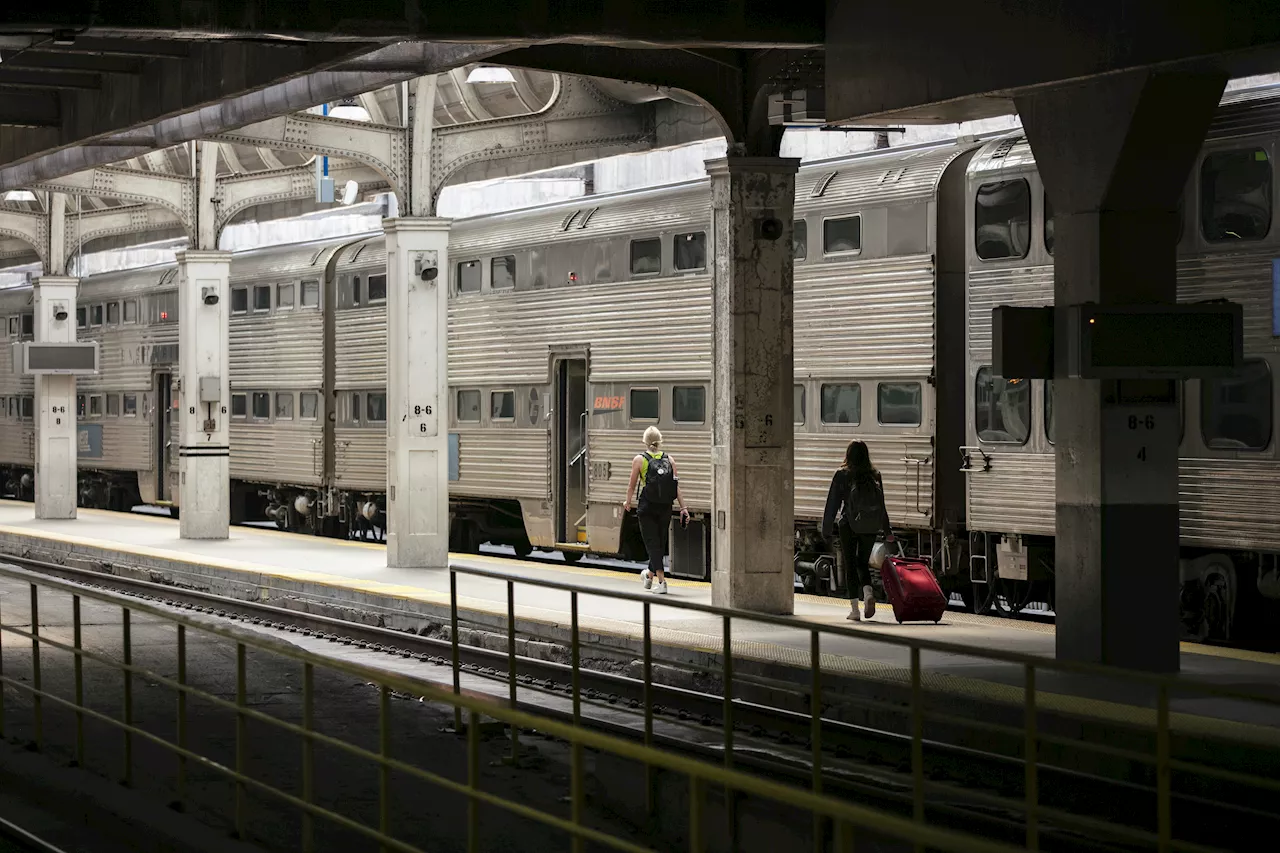The Chicago area’s major transit agencies—Metra, Pace, and the Chicago Transit Authority (CTA)—announced that there will be no fare increases for the year 2026. This decision follows the passing of a critical funding bill by the Illinois General Assembly aimed at stabilizing public transportation in the state. The funding measure is designed to prevent the transit system from facing significant financial challenges, often referred to as a fiscal cliff, due to the depletion of COVID-era federal support.
This new funding strategy will see the three agencies operate under the newly established Northern Illinois Transit Authority (NITA). The support includes a substantial budget of $513.3 million dedicated to capital improvements such as infrastructure upgrades, including bridges and stations, as well as the modernization of railcar fleets.
Metra confirmed that the new state funding will allow it to eliminate a previously proposed fare increase. The budget also outlines plans for “modest service increases” and a significant construction initiative on the Metra Electric Line. The agency emphasized that these improvements would be made without resorting to layoffs, a concern that had been raised prior to the approval of the funding.
Nora Leerhsen, Acting President of the CTA, remarked, “This budget builds upon the tremendous progress we’ve made over the past year, and sets us on a path towards continued growth.” She expressed gratitude to the workforce, riders, transit advocates, and elected officials for their support, emphasizing the collaborative effort to enhance public transit services in the region.
The approved budget will also finance the replacement of elevators and escalators within the CTA system and the acquisition of over 400 new railcars and more than 200 new buses over the next five years. Additionally, Pace will increase suburban bus service by nearly 10% and introduce more on-demand transport options for riders.
Rick Kwasneski, Chairman of Pace, highlighted the importance of the new legislation, stating, “This not only stabilizes transit funding but also allows us to plan confidently for the future.” He assured riders that they can expect continued service enhancements, ensuring a sustainable and fiscally responsible transit system.
The funding bill emerged from extensive negotiations during the fall veto session of the Illinois General Assembly. Some proposed revenue sources, such as taxes on streaming services and a ticket tax for events, were ultimately omitted in favor of a more straightforward approach to funding. The final measure includes a 45-cent increase in tolls for passenger vehicles and a 30% hike for commercial vehicles, which will be allocated for the maintenance of Illinois Tollway roads.
Furthermore, the legislation permits NITA to impose an additional 0.25% sales tax in the collar counties, with a significant portion of the revenue directed towards transit projects within Chicago and its surrounding areas. This strategic funding approach aims to enhance the overall efficiency and reliability of public transportation in the region.
As the transit agencies move forward under the new framework, the commitment to improving service and maintaining affordability for riders remains a top priority. The absence of fare hikes for 2026 is a significant relief for commuters and reflects the collaborative efforts of state lawmakers and transit authorities to secure a brighter future for public transportation in the Chicago area.




